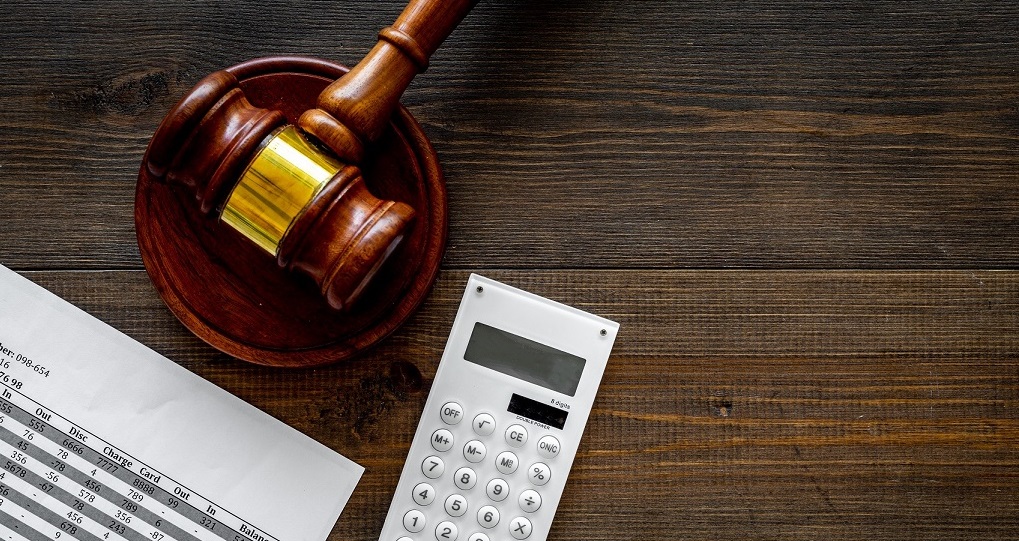If someone says something untrue about you online, or writes something misleading about your business, what can you do? Can you sue Google for showing those reviews? Is Facebook liable for providing a forum for those words to be published?
What about if someone has made a comment about another person or business on your website or Facebook page?
In today’s world, anyone can use the internet to easily create and distribute content, often with limited checks and balances in place regarding the accuracy of the information. The ease with which content can be disseminated has important implications for the law of defamation.
While there are laws in place to protect against defamation of character, the rapid growth of digital platforms presents new challenges to the existing legal frameworks.
This article examines the law of defamation and unpacks the question of who is responsible when it comes to online defamation.
What is defamation?
Defamation law deals with protecting the reputation of individuals and entities and gives a person whose reputation has been wrongfully attacked the right to take legal action against those responsible for the communication.
The option of taking legal action in relation to defamation is available in circumstances where:
- The material was “published” to at least one other person;
- The material identified the person claiming to have been defamed (either directly or indirectly); and
- The material was “defamatory” to the person claiming to have been defamed.
An action for defamation can be brought not only against the original publisher (being the writer/speaker who first made the statement), but also against anyone who takes part in the publication or re-publication of the material. The question of when a statement is considered to have been published is addressed further below.
What makes a statement defamatory?
The test to determine if a communication is defamatory is whether or not the communication caused “serious harm” to the reputation of the person or entity in question. The question is assessed from the viewpoint of an ordinary reasonable person and in light of contemporary standards.
The meaning of the material, or the “imputations” conveyed by the material, can either be the ordinary meaning of what is published, or a specific meaning that only some people understand because they have particular knowledge of what is published.
In defamation law, what you actually meant or intended to say through your communication is not important, it is the literal message behind the communication that is considered and can include reading between the lines of the communication in the context of the entire publication. Importantly, the communication must go further than simply upsetting the person it is about in some way, it must have some effect on the person’s reputation.
What does it mean to be “published”?
An essential element of Australian defamation law is the publication of the defamatory content. For material to be found to be defamatory in nature, it must first be published.
The traditional approach to what constitutes publication in Australia was set down by the High Court in the matter of Webb v Bloch (1928) 41 CLR 331, and was confirmed in 2018 in the matter of Trkulja v Google LLC [2018] HCA 25.
Under the “traditional” approach, every person and/or organisation who intentionally participates in a process directed at making material available for consumption by a third party is considered to be a “publisher” once that material is made available. In other words, “publication” is the process by which defamatory material is conveyed to a third party.
As set out below, in the 2021 matter of Voller, the High Court considered whether the media companies had “participated” in the act of publication.
Fairfax Media Publications Pty Ltd v Voller
In the case of Fairfax Media Publications Pty Ltd v Voller; Nationwide News Pty Limited v Voller; Australian News Channel Pty Ltd v Voller [2021] HCA 27 (Voller), the High Court of Australia considered the question of whether the individuals (or the organisation) who operate and control a website (including a Facebook page) on which comments can be made could be held liable for defamation.
The case stemmed from a defamation claim brought in the NSW Supreme Court by Dylan Voller against the media companies over comments posted on the media company’s Facebook page.
On appeal, the High Court maintained a “traditional” view of the term “publication” and, as a result, rejected the arguments made by the media companies that they should not be held liable for comments made by third parties on Facebook pages that the media companies controlled.
Further, through their decision the High Court confirmed that entities who provide a forum through which defamatory comments can be made may be held liable as publishers whether or not they had notice of the statement in question.
While the case was specifically in relation to media companies, the effect of the decision extends more broadly to:
- all people and organisations that maintain their own websites and social media pages, including non-media companies, not for profits and government bodies; and
- all websites and social media pages, not just Facebook.
Google LLC v Defteros
In the matter of Google LLC v Defteros [2022] HCA 27 (Defteros), the High Court held that a Google search result containing a link to a third-party webpage did not constitute the publication of content on the webpage by Google for the purpose of defamation.
The High Court majority held that the provision of search results and links to further websites by Google to its users did not make Google a publisher of the material in question.
The decision made clear that in order for a person or entity to be found to be a publisher, it must be shown that the alleged publisher:
- actually communicated; or
- authorised another to communicate; or
- assisted by procuring, provoking or conducing communication of; or
- ratified or adopted the communication of another of the defamatory material.
Who is responsible?
So, who is responsible for the comments made online?
The potential defendants in an action for defamation include anyone involved in the creation, publication and dissemination of the material, particularly:
- the person who produced the alleged defamatory communication itself (eg. the person who posted the review or comment); and also
- those who are responsible for the forum on which the material was published (eg. the operator of the Facebook page).
The original author
A person who publishes a communication that is defamatory in nature is liable under Australian law.
The advent of social media has led to an increase in ways in which defamatory communications can be published. Any time a person makes a post or comment online, or even when they share the comments or posts of others, they become susceptible to an allegation of defamation. It is important to always be aware of the way in which you engage with content online, and consider the potential ramifications of any material you intend to publish.
Social media and websites
There is a long history of defamation cases in Australia in which parties who own or control forums whereby third parties are able to post content (including Facebook and community noticeboards), can be sued for defamation as publishers of that content.
As set out above, the matter of Voller confirmed that those who operate Facebook pages and other online forums (including social media and company websites) through which they allow interaction between members of the public are, for the purposes of defamation law, liable for any defamatory content posted on those pages.
It is important to note, however, that until the defamatory nature of the communication is brought to the attention of the operator of the webpage, the publisher may be able to claim a defence of innocent dissemination. However, as soon as the publisher becomes aware of, or is notified that, the content posted on their page is defamatory, they must remove it otherwise they can be just as liable in defamation as the original author.
Google reviews
While Australian courts have confirmed that Google is not a publisher of websites linked via Google search results, the decision in Defteros did not consider whether Google is a publisher of defamatory reviews published by a third party via the Google review platform.
Google reviews are directly hosted by Google and are in Google’s complete control. Therefore, the forum is no different to other platforms like social media and community noticeboards that allow users to provide commentary and post reviews about third party businesses or products.
How can we help?
When faced with nasty commentary online it is often difficult to know what to do next. At Coulter Legal, we have current matters and actual experience in assisting our clients with various forms of issues in relation to defamation law, including the prosecution of a claim in defamation and also how to defend a claim.
The first step in any potential defamation proceeding is to determine exactly what was said and who published it. Importantly, if you are responsible for a forum on which a defamatory communication has been made, removal of the post may also be required.
If you believe you have been the subject of a defamatory statement, have been accused of making a defamatory communication, or think that a defamatory communication has been made via a forum in your control, please contact us for a consultation with one of our experienced lawyers in the Litigation & Dispute Resolution Team.












